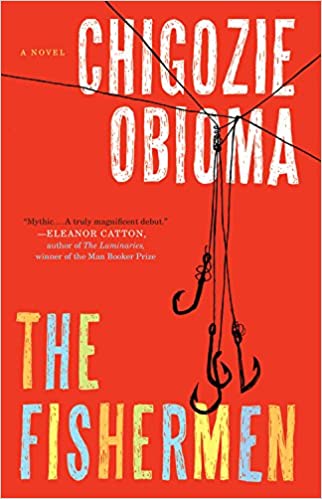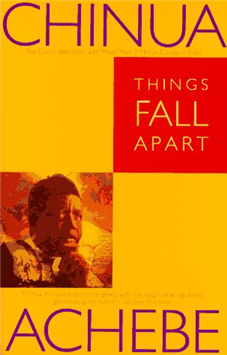 Today is another review for the Literary Wives blogging club, in which we discuss the depiction of wives in fiction. If you have read the book, please participate by leaving comments on any of our blogs. Be sure to read the reviews and comments of the other wives!
Today is another review for the Literary Wives blogging club, in which we discuss the depiction of wives in fiction. If you have read the book, please participate by leaving comments on any of our blogs. Be sure to read the reviews and comments of the other wives!
We are happy to announce that Emily will be rejoining our discussions. However, Kate and TJ have resigned the club. We will miss them!
Emily of The Bookshelf of Emily J.
Eva of Paperback Princess
Lynn of Smoke and Mirrors
Naomi of Consumed By Ink
List for 2018-2019
We have just finished the selection process for our next group of books! Literary Wives will be reading the following books in the coming months.
August 2018: First Love by Gwendolyn Riley
October 2018: An American Marriage by Tayari Jones
December 2018: The Stars Are Fire by Anita Shreve
February 2019: They Were Sisters by Dorothy Whipple
April 2019: Wait for Me, Jack by Addison Jones
June 2019: A Separation by Katie Kitamura
August 2019: Ties by Domenic Starnone
October 2019: Happenstance by Carol Shields
December 2019: The Home-Maker by Dorothy Canfield Fisher
February 2020: War of the Wives by Tamar Cohen
My Review
Yejide and Akin have been married for four years, she believes happily. But one day, Yejide’s malicious stepmothers show up with Funmi and introduce her as Akin’s second wife. Because the couple is childless, Akin’s family has talked him into marrying again. He did this without Yejide’s knowledge even though they had both agreed they didn’t believe in polygamy.
Yejide now becomes obsessed with having a child. Soon, she is suffering from a false pregnancy. Funmi, even though she has her own apartment, has started moving her things into Yejide’s and Akin’s house. The situation is made worse for Yejide, because her father’s other wives mistreated her as a child and continue to do so. She understands very well the pitfalls of this custom.
Akin is obviously a weak man unable to withstand pressure from his family. It turns out things are worse than that, however, and Yejide’s marriage will soon be in crisis.
Taking place in mid-1980’s Nigeria, this novel is set against the backdrop of political and social chaos. During one period, ordinary people have robbers breaking into their houses and stealing things while they are home. Yejide is an appealing and sympathetic character, and her people’s customs are interesting although sometimes appalling. The members of both families seem aggressive and rude at times. Overall, this is a fascinating novel.
What does this book say about wives or about the experience of being a wife?
I try to avoid spoilers even for this club, but for this topic that may be difficult. This novel depicts a culture that places almost all the emphasis in marriage on having children and men’s virility. Yejide finds that Akin has never been honest with her, even since the beginning of their marriage. To avoid having a discussion with his naive wife and his family, he begins a deception that is ultimately too damaging for their marriage.
 Later, Akin says that he made arrangements for his most dishonest actions because he was worried about her, but it is clearly to avoid admitting his part in their fertility problems, an admission that would have solved most of their other problems.
Later, Akin says that he made arrangements for his most dishonest actions because he was worried about her, but it is clearly to avoid admitting his part in their fertility problems, an admission that would have solved most of their other problems.
Although both partners continue to believe they love each other, at no point do they frankly and honestly discuss their problems with each other. This omission is largely because of the weight of cultural conventions, but that does not excuse it. Their marriage is built on lies and omissions and continues into more lies, with tragic results.
Related Posts
The Happy Marriage
Little Bee
Americanah








